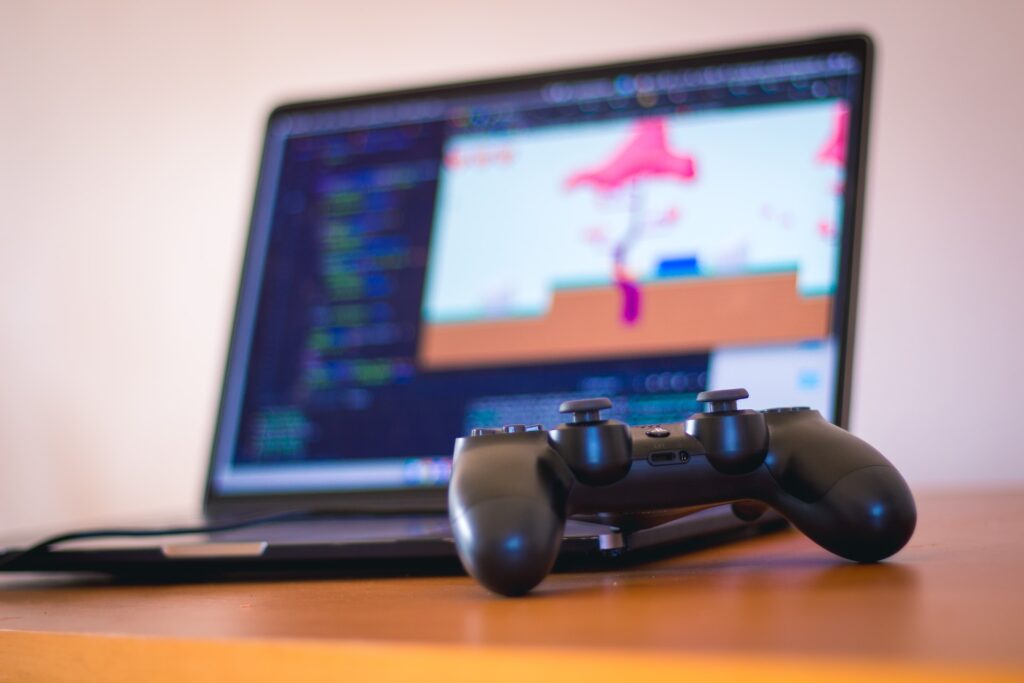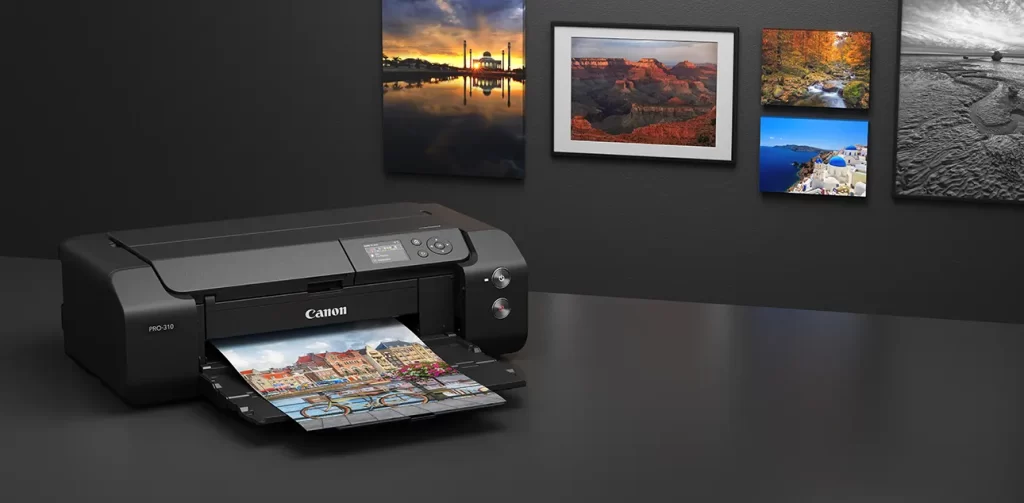From Idea to Reality A Guide to Starting Your Own Game Development Studio

The gaming industry has evolved so much over the past decades, morphing from simple arcade games into a massive, multibillion-dollar industry. As a result, many aspiring entrepreneurs are considering how to start a game development studio. But the journey from ideation to realization can be daunting, especially without a clear roadmap. Тhe article aims to provide that roadmap, outlining the crucial steps to establishing your own gaming studio setup.
Idea Generation and Conceptualization: How to Start an Indie Game Studio
Embarking on this thrilling voyage begins with a single spark – an innovative idea that kindles the birth of a game that is as captivating as it is original. The cornerstone of your venture should be a distinctive Unique Selling Proposition (USP) that carves out a niche for your studio in this expansive gaming universe.
This USP can manifest itself in several forms: it could be the engrossing storyline that keeps players hooked, the game mechanics that provide a novel experience, the groundbreaking technology that pushes the limits of modern gaming, or even the vibrant culture of your studio that is deeply embedded in every game you produce.
Market Research and Analysis: Starting a Game Studio & How to Make Your Own Game Studio
Once your idea is ready, you need to understand the market landscape. Starting a game studio requires thorough market research and analysis. You should identify current trends in the gaming industry, understand your potential competitors, and define your target audience. These steps will give you a much better idea of where your studio could fit in and how it could excel.
To make your own game studio successful, you also need to keep a close eye on market dynamics. Are mobile games more popular, or are PC games on the rise? What genres are in demand? Knowing these details will allow you to tailor your studio’s offerings to meet market demand.
Building a Business Plan
The business plan could be a blueprint for your game development studio. It should outline your vision, mission, goals, and detailed strategies for achieving these goals. This includes your marketing strategy, financial plan, and operational structure. A well-crafted plan for the future will serve as a roadmap, guiding your studio through its growth stages.
Legal Considerations and Intellectual Property
The legal side of the gaming studio setup can be complex but crucial to navigate correctly. You must consider factors like business registration, licenses, and permits. Protecting your intellectual property (IP) through trademarks, copyrights, or patents can also be crucial to secure your studio’s unique elements.
Funding and Financial Management
Securing funding for your studio can be challenging. Options include bootstrapping, where you fund the studio yourself; venture capital, where investors fund your studio; and crowdfunding, where the public funds your project. Once you’ve secured funding, efficient financial management is essential, ensuring your budgeting, cash flow management, and financial reporting are accurate and effective.
Team Building and Company Culture
Creating a successful game development studio requires a skilled, dedicated team. As you begin hiring developers, artists, and designers, consider what skills and traits are most important to your studio. Additionally, cultivating a strong company culture from the outset will contribute to employee satisfaction and retention.
Marketing, Distribution, and Scaling
Even the best game will fail without a robust marketing and distribution strategy. Utilize social media, email marketing, partnerships, and more to spread the word about your games. Choose your distribution platforms wisely, and consider opportunities for scaling as your studio grows.
Overcoming Challenges and Embracing Risks
Starting any business comes with its share of setbacks and risks. You might face technical hurdles, funding problems, or market competition. However, these challenges are often opportunities for learning and growth. With perseverance and resilience, you can navigate through these obstacles and build a successful game studio.
Conclusion: The Gaming Studio Setup Journey
In conclusion, establishing a gaming studio setup involves many moving parts. From the initial idea generation to market analysis, from securing funding to building a team, each step plays a crucial role in your studio’s success journey. But with the right planning, perseverance, and passion, you can turn the idea of starting a game development studio into a reality. Remember, every great game begins with a simple idea – and that could be yours.








1 thought on “From Idea to Reality A Guide to Starting Your Own Game Development Studio”
Comments are closed.